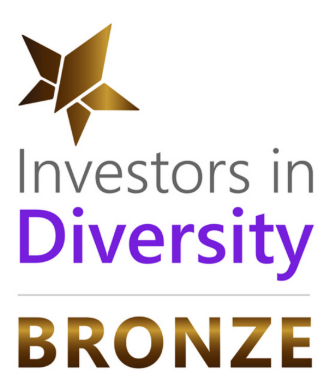QQI statement to the Oireachtas Joint Committee on the future funding of higher education
On the 22 February, the Joint Committee on Education, Further and Higher Education, Research, Innovation and Science began its examination on the Future Funding of Higher Education.
Describing it as a “fundamentally important issue” for the future, the Committee intends to hear the views of all the key stakeholders in the coming weeks and has already sought written submissions from a wide group of organisations and individuals.
On 1 March, Dr Anna Murphy, QQI’s Senior Strategic Adviser delivered a statement before the Committee, setting out the key points made in QQI’s submission as well as its recommendation that ‘all higher education institutions be adequately funded for academic integrity’.
Below you can find a copy of Dr Murphy’s statement or, alternatively, watch a recording of this meeting.
Thank you, Chair, and Committee members for inviting QQI to this meeting. I will focus on the key points made in our submission and I will finish by asking you to consider our recommendation that all higher education institutions be adequately funded for academic integrity.
1. The overall level of funding for higher education impacts quality and course provision
This Committee heard representatives of the higher education institutions call for increased, sustainable, funding for higher education. This call is supported by evidence from our work on quality assurance.
Going back to 2016, reports referred to in our written submission have shown that funding impacts the quality of teaching and learning, student supports and research. They show a need for sustained investment in the research capacity of the technological sector. They show that the design of the funding model must support the diverse missions of the technological universities, as set out in legislation. The funding model also needs to support policy choices about pathways and progression for learners.
2. Dedicated funding drives development and change
Springboard and the Human Capital Initiative are effective ways to address specific needs and new developments, like new skills, the recognition of prior learning and microcredentials. These funding avenues are also a means to implement government policy.
3. The quality assurance system maintains, enhances and evidences quality
The system, operated by all higher education institutions and QQI, provides evidence of, and support to the quality of teaching and learning, assessment, research and support services. It supports the new apprenticeships and the establishment of technological universities. In 2020, it enabled the rapid shift to online and blended learning in the Covid pandemic. It provided evidence of the impact of that shift on quality – the first available reports for 2020 give us overall confidence that the reputation of higher education was protected in the pandemic. We will know more when reports and evaluations for 2021 are completed.
4. We need to fund academic Integrity
Finally, I will finish by drawing your attention to the need, right now, to fund all higher education institutions to support and maintain academic integrity.
Academic integrity concerns ‘a commitment to, and demonstration of, honest and moral behaviour in an academic setting’. It is under threat from a multi-billion-dollar, sophisticated, global industry of cheating.
A sustained, multi-pronged, collaborative effort is needed to support academic integrity, tackle cheating and the global cheating industry so that we maintain the quality, integrity and reputation of Irish higher education. This concerns all of us and, in the first instance, all staff and learners in our higher education institutions.
Such funding will underpin the significant steps we have all taken in Ireland in this area:
- legislation to enable QQI prosecute contract cheating (essay mills)
- collaboration between higher education staff, students and stakeholders in the National
Academic Integrity Network which raises awareness, develops guidelines and resources and provides training
- engagement with international experts and agencies to inform, alert and detect cheating and to promote academic integrity.
Now, our higher education institutions need funding to implement guidelines, to support all staff and students, gather data and provide dedicated resources, training and research in areas like detection and artificial intelligence.
QQI strongly recommends that this be provided through the recurrent grant model and targeted initiatives so that all institutions are supported to embed academic integrity as an integral component of their institutional culture.
Working together, we uphold the reputation of our higher education system.


